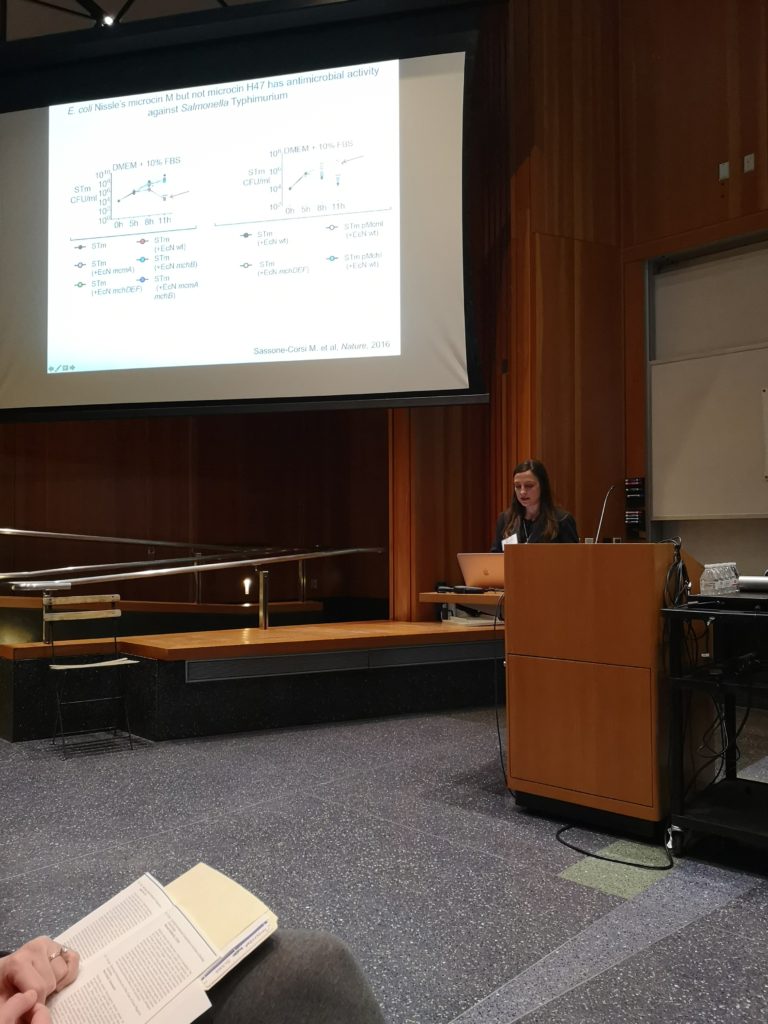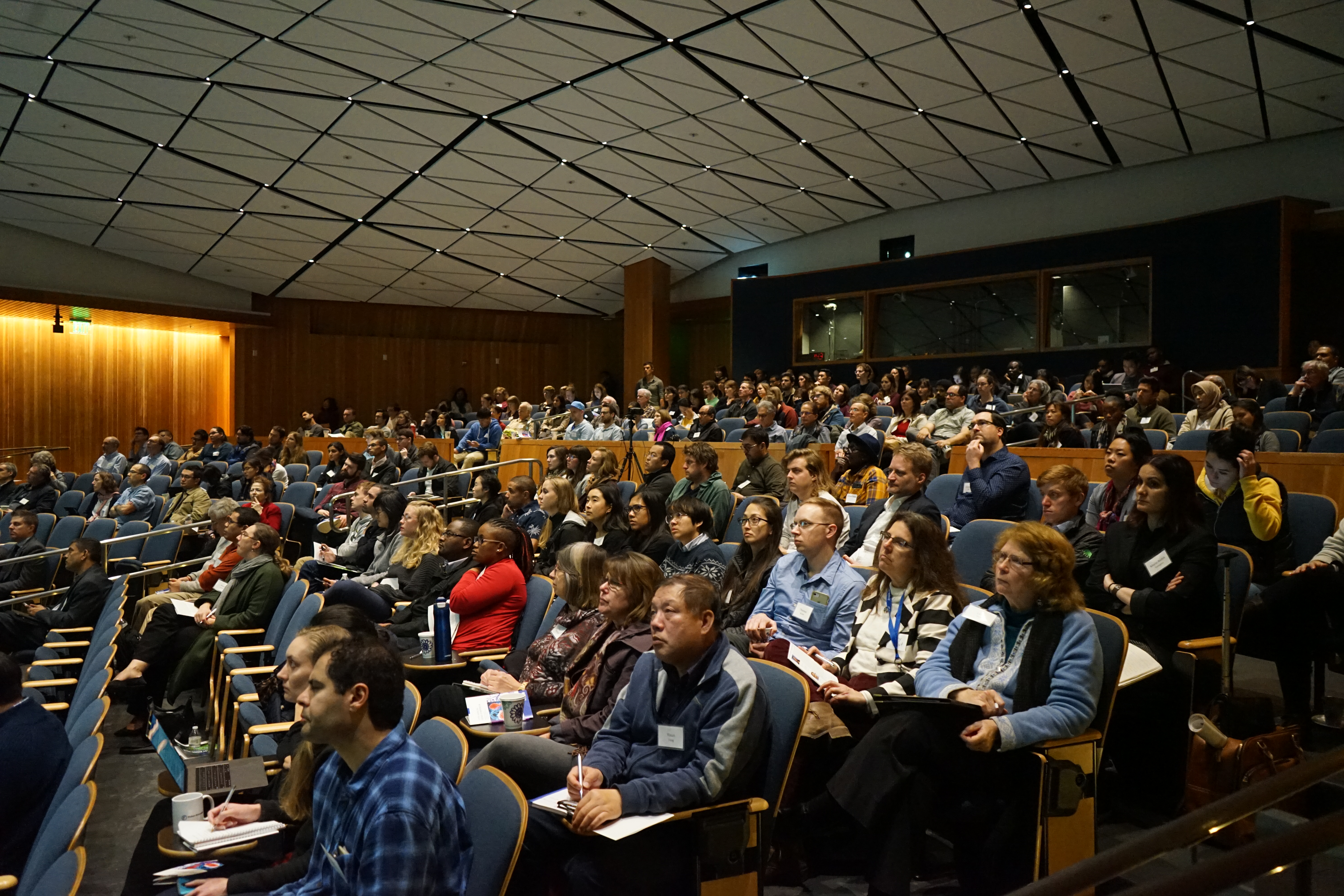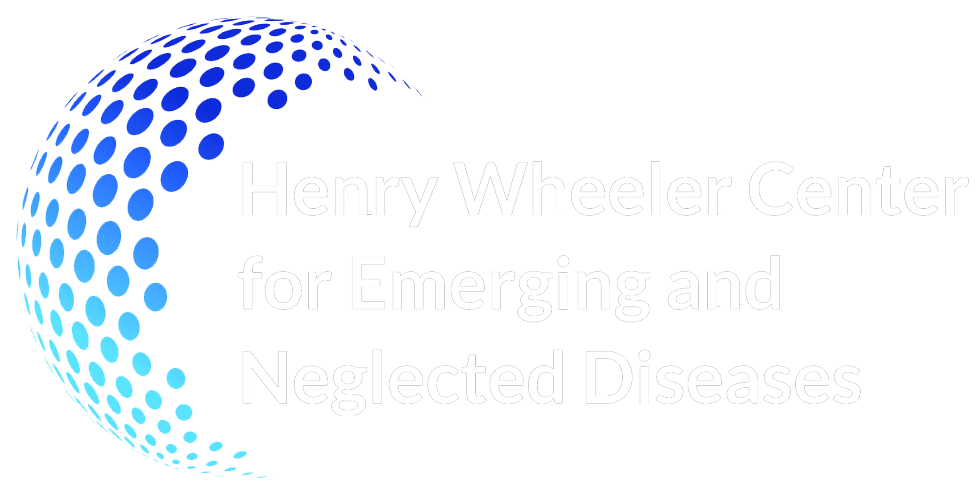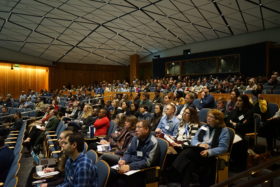11th Annual CEND Symposium Recap
Written by Robyn Jong, PhD Candidate, Stanley Lab
The 11th annual CEND symposium addressed three core themes: Molecular Diagnostics, Antibiotic Resistance, and Helminthic Diseases. During each of the three sessions, three speakers presented scientific research projects, product development, and policy. Topic-specific panels at the end of the session allowed the audience to pose questions to all three of the speakers at once.
The morning session on molecular diagnostics began with an overview of approaches, achievements, and challenges to in vitro diagnostics by Ranga Sampath of FIND Geneva. Lisa Diamond presented Pinpoint Sciences’ exciting approach to accurate, low-cost nanopipette-based diagnostics, emphasizing the startup’s desire to partner with infectious disease experts to allow their technology to be accessible and affordable everywhere in the world. Aydogan Ozcan of UCLA described his lab’s goal to democratizing diagnostics by utilizing smartphones and other existing tools for advanced imaging and assaying techniques. During the Q&A panel discussion, all three speakers agreed that multiplexing was the future and expressed hope that their products would be economically sustainable and that the prices of development and manufacturing need to be clearly separated to enable further innovations. The session smoothly transitioned to a lively tech show featuring several diagnostic companies such as Mammoth Biosciences, Pinpoint Biosciences, as well as organizations such as the Lawrence Livermore National Laboratory and Alameda County Mosquito Abatement District.

Alameda County Mosquito Abatement District’s Eric Haas-Stapleton, lab director, displaying one of their newest technologies in use for mosquito control – a drone! Drone technology supports ACMAD in surveillance of mosquito habitats using geographic information systems and remote sensing.
Antibiotic resistance was tackled in three diverse presentations during the second session of the symposium. Eric Brown from McMaster University emphasized the need for a systems approach to developing new antibacterial therapies at the intersection of chemistry and genomics. UCSD’s Manuela Raffatellu focused on the great promise studying our bodies’ own microbiomes to develop new therapeutics during both her talk and the panel discussion, providing a fresh perspective on antimicrobial treatment. Peter Smith rounded out the discussion of antimicrobials with a presentation on an optimized signal peptidase inhibitor G0775 developed at Genentech, the first of a new class of Gram negative antibiotics that could help overcome the looming problem of antibiotic resistance. Although it was clear that the speakers were acutely aware of the economical problems facing antibiotic research, they expressed hope that through advocacy and policy changes, our society would figure out a way to make new drug discovery and development sustainable.

Eric Brown of McMaster University in Ontario, Canada presenting “A Systems Approach to Antibiotic Drug Discovery”, which focused on the need for a system-level approach to developing new antibacterial therapies at the intersection of chemistry and genomics.

Manuela Raffatellu of the University of California, San Diego presents on her research investigating microbial competition in vitro and how that knowledge can be utilized in the fight against antibiotic resistance.
Many of the world’s most neglected tropical diseases are caused by helminths. Peter Hotez of the Baylor School of Medicine introduced the third session with a review of the advances made so far in treating these chronic, debilitating diseases. His talk also discussed reverse vaccinology based-approaches to engineering new vaccines, and efforts to address societal concerns raised in the anti-vaccination movement and others. UCSF investigator Judy Sakanari introduced the audience to her lab’s advances in assay development to screen drugs to treat diseases caused by filarial nematodes. The session closed with a focus on the host immunological response to helminth infections by Thomas Nutman from the NIAID, whose work concentrates on dissecting the T cell-mediated responses to these diseases. A cheerful networking and poster session provided eager attendees with the opportunity to forge new connections with other researchers and leaders in the field.
With the extraordinary diversity of research topics and approaches to tackling these issues of global health, this year’s CEND symposium set the stage for many thoughtful discussions. Although the presentations often emphasized the dire need to combat these devastating diseases, each session offered a path to success and instilled hope for the future of new diagnostic and therapeutic developments through strong advocacy and collaborations between industry, academia, and governmental organizations.

Thank you for your support! For a downloadable version of the recap, please click here.

